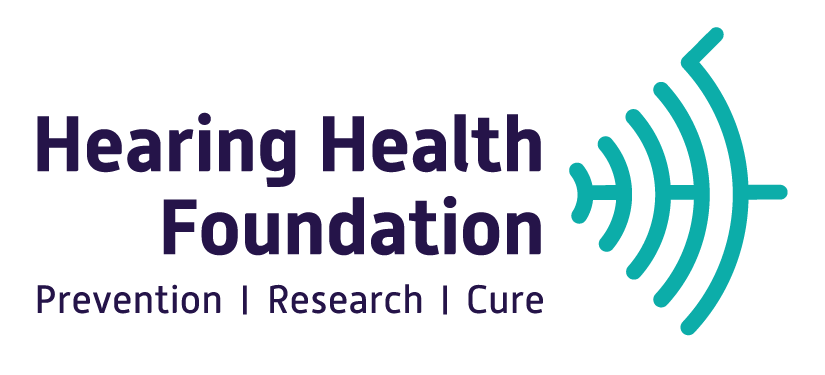A medical literature review spanning 1860 to 2022 by Diane Jung, Dianela Perdomo, and 2020 Emerging Research Grants scientist Bryan K. Ward, M.D., examines how the belief that the autonomic nervous system causes Ménière's disease led otolaryngologists to adopt invasive surgical procedures and medical treatments still offered today. The review was published in the journal Laryngoscope in August 2023.
Throughout much of this period, growing knowledge about human anatomy led the scientific community to speculate that autonomic dysregulation, or a problem with the autonomic nervous system that controls involuntary actions, caused many medical conditions. Clinicians applied this hypothesis to Ménière's disease, suggesting that the sympathetic nervous system (SNS), which controls the “fight or flight” response, may cause vertigo through sudden narrowing of blood vessels and also contributing to hearing loss by limiting nutrition to the cochlea, or inner ear.
This hypothesis led to unnecessary and unwarranted operations. Despite scarce evidence of SNS overactivation in Ménière's disease, surgeons eagerly adopted sympathectomy as a treatment, cutting or clamping along the sympathetic nerve chain in the chest along the spine.
Though more rigorous scientific criticism ushered sympathectomy’s decline in the 1970s, the hypothesis of autonomic dysfunction as a cause of Ménière’s disease still bears influence, now manifesting in the widespread use of betahistine. Although less invasive than sympathectomy, the evidence for its supposed mechanism in Ménière’s cases is still lacking.
Support for betahistine rested on animal experiments from the 1960s and 1970s demonstrating that betahistine stimulated blood flow to the inner ear. However, these studies presuppose that symptoms of Ménière's disease are mediated by histamine and blood flow. Although betahistine was approved by the U.S. Food and Drug Administration as a treatment for Ménière's disease in the 1960s, the permit was removed in 1968 due to inconclusive evidence of efficacy and misrepresentation. A Cochrane review in 2001 concluded there was insufficient evidence to determine whether betahistine has any effect on the frequency or duration of the episodes of vertigo in patients with Ménière's disease.
Despite lacking evidence for sympathetic overactivation in Ménière's disease, surgeons eagerly adopted sympathectomies, and later betahistine, and the latter is still commonly used outside the U.S. as treatment. This history demonstrates the importance of clinicians rigorously examining plausible hypotheses and the validity of resulting treatment practices.
This is adapted from the paper published in Laryngoscope. A 2020 Emerging Research Grants scientist, Bryan K. Ward, M.D., is an associate professor of otolaryngology–head and neck surgery at Johns Hopkins University School of Medicine. His other research on Meniere’s disease includes an explanation for divergent test results; a historical perspective on surgery; and understanding the role of inner ear fluid buildup. He is also an accomplished artist; see his artwork here.







I currently work with a mouse model with hearing fluctuation and have a clinical protocol that is performing deep phenotyping of patients with hearing instability, including patients with Ménière’s disease.